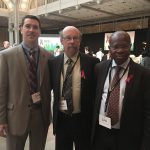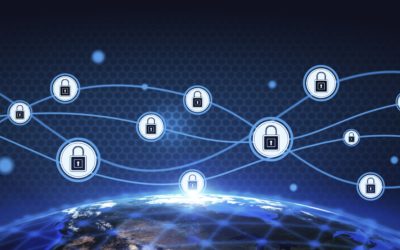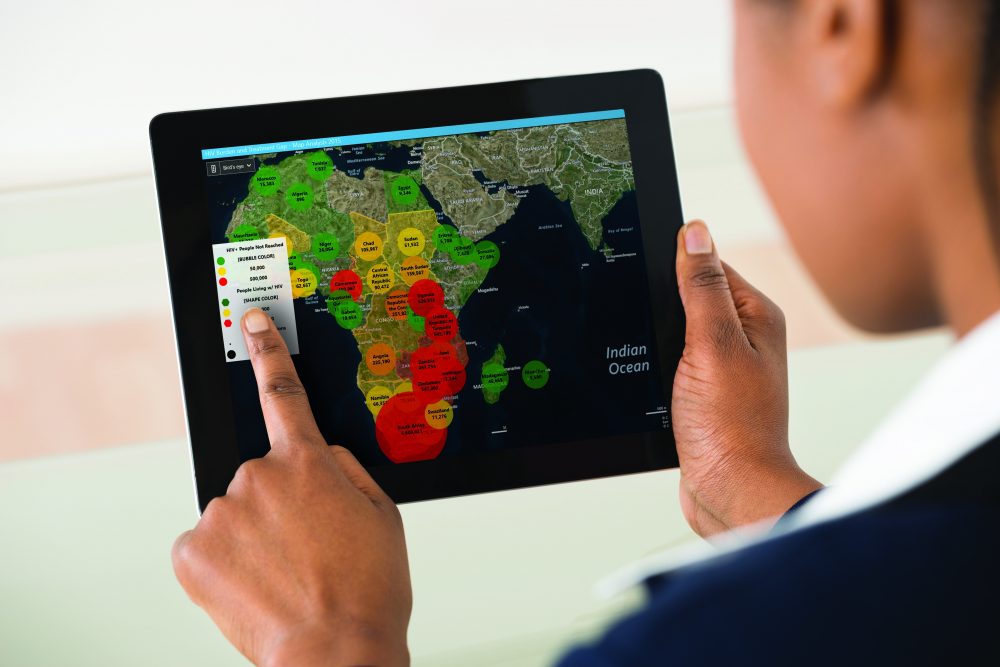Mobile Innovation: From Private Sector to the UN

 This week is the United Nation’s General Assembly on AIDS (#HLM2016AIDS). The historic event that happens once every 5 years to bring together global leaders from around the world. Showcased and invited to speak at the event were 5 global partners, which included iVEDiX.
This week is the United Nation’s General Assembly on AIDS (#HLM2016AIDS). The historic event that happens once every 5 years to bring together global leaders from around the world. Showcased and invited to speak at the event were 5 global partners, which included iVEDiX.
Yesterday morning, iVEDiX CIO Jean-Michel Guillemin Laborne and Brian Annechino Director of Government & Public Sector attended and spoke at the Fast-Track cities: leveraging innovations and financing for ending AIDS panel. This session focused primarily on how smart cities can leapfrog through technology to transform their health and AIDS response. The session aimed to explore the key challenges in city responses and focus on new technology and innovations in the areas of information technology, mobile data apps, developments in science, pharmaceutical diagnostics, as well as financial innovations that will help cities and Member States Fast-Track goals toward ending AIDS. Moderator, Joanne Manrique directed some specific questions at iVEDiX including:
- What was our experience working with UNAIDS successfully?
- How was our experience on the ground in Kenya?
- What is the recipe for bringing data from a national to a county level to enable community-based epidemic monitoring and response?
 In addition to responding to these questions, Brian also spoke about iVEDiX’s dedication to the cause, our commitment to bringing best practices to countries and communities by collaborating to develop life-saving partnerships, like those with UNAIDS in Kenya working with the National AIDS Control Council and individual counties.
In addition to responding to these questions, Brian also spoke about iVEDiX’s dedication to the cause, our commitment to bringing best practices to countries and communities by collaborating to develop life-saving partnerships, like those with UNAIDS in Kenya working with the National AIDS Control Council and individual counties.
At iVEDiX, we don’t just seek to show trends, we want to empower change. At the core of what we do there is an understanding that every line of code has a meaning and every data point matters. This is why our iVEDiX platform is dedicated to making information more accessible, comprehensive, and impactful in the hands of change makers. We’ve already seen the promise of iVEDiX in Public Health through our work with UNAIDS, and its ability to transform how we manage renewable resources by connecting with IoT data sources. Now, we continue to target these root causes of critical issues like poverty through a commitment to develop our product in a way that benefits the sustainable development goals still remaining and continuing to inspire future generations through our use of data and technology. While what we hear and feel may seem insurmountable, there is hope – because the data tells us it can be done.


